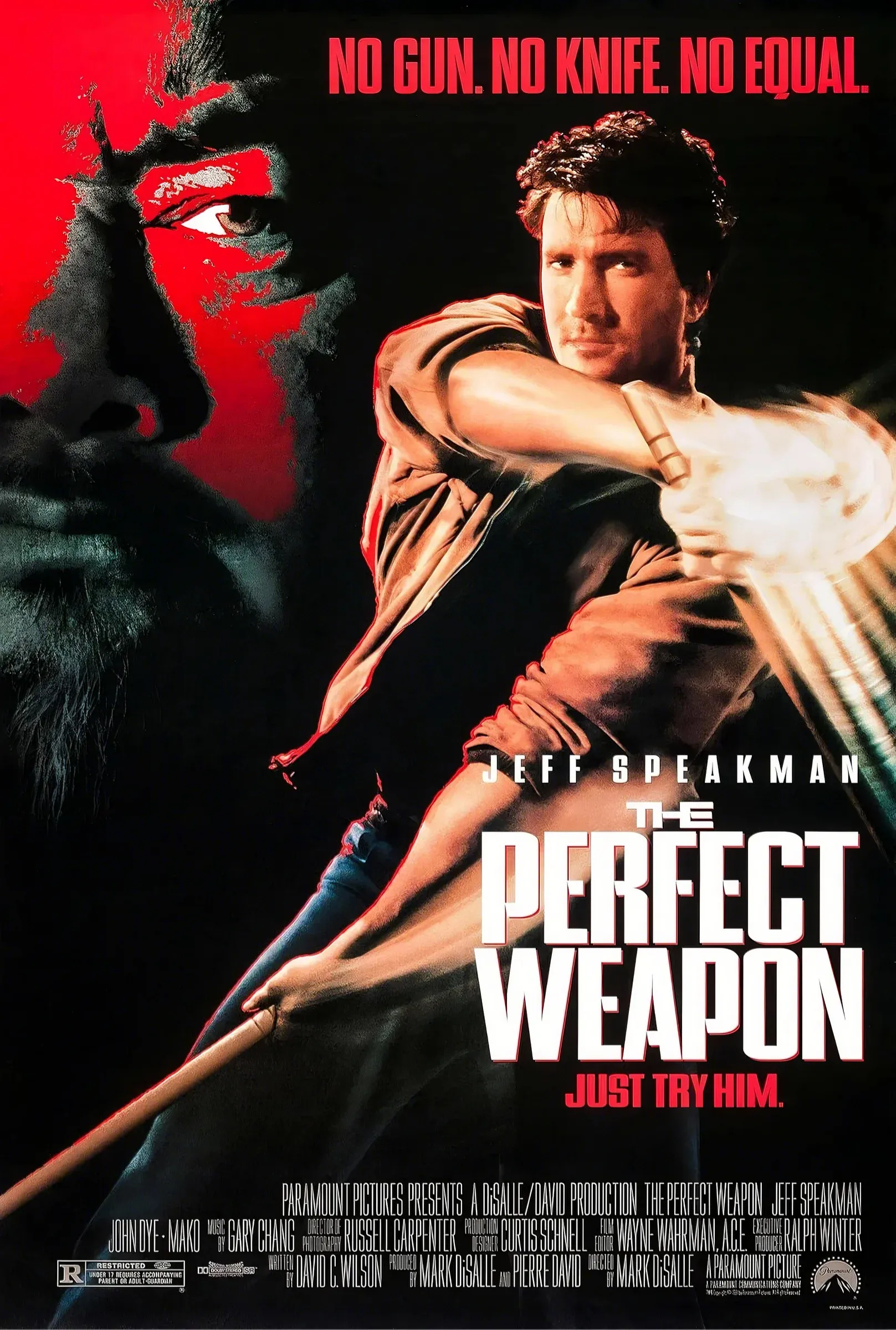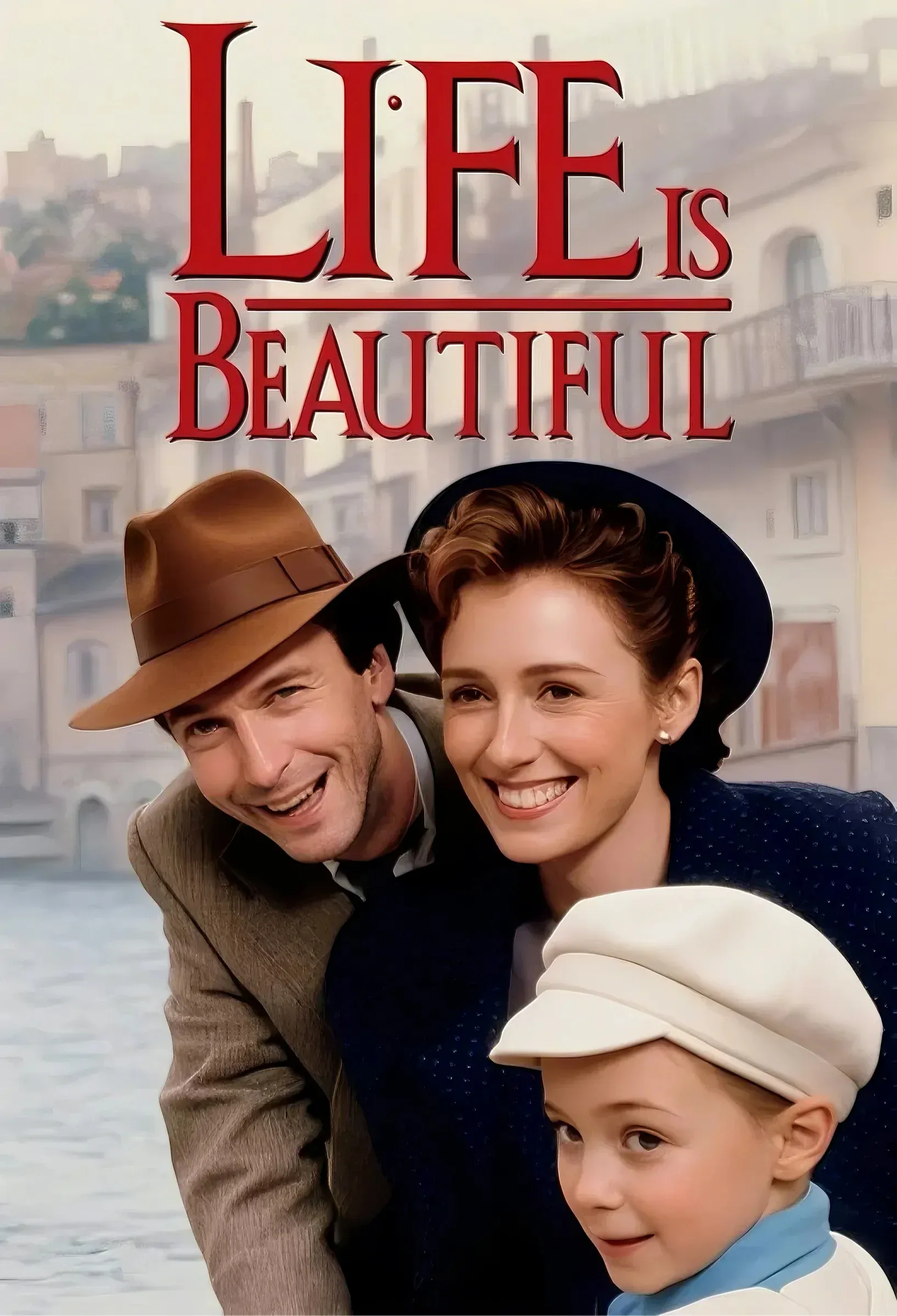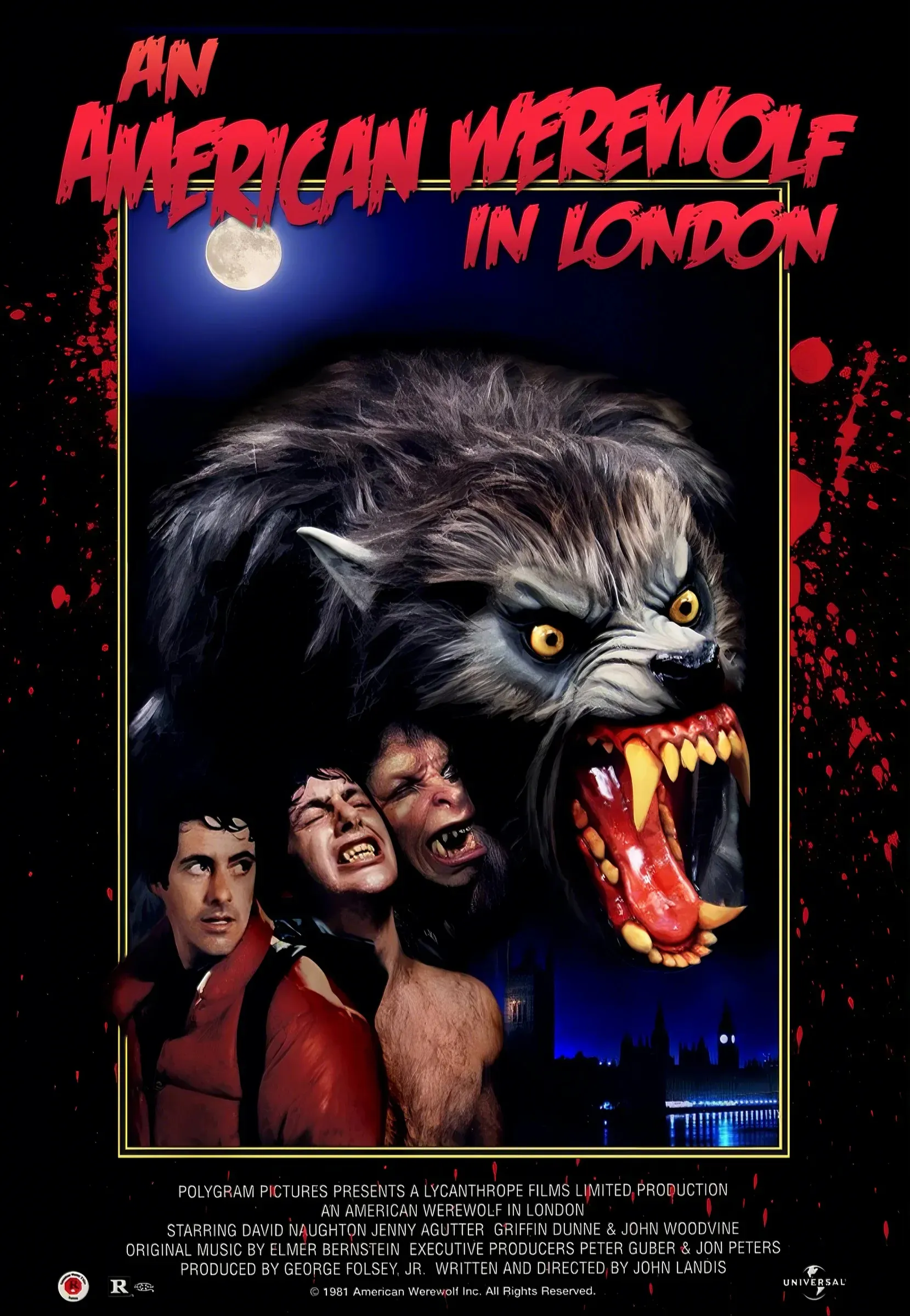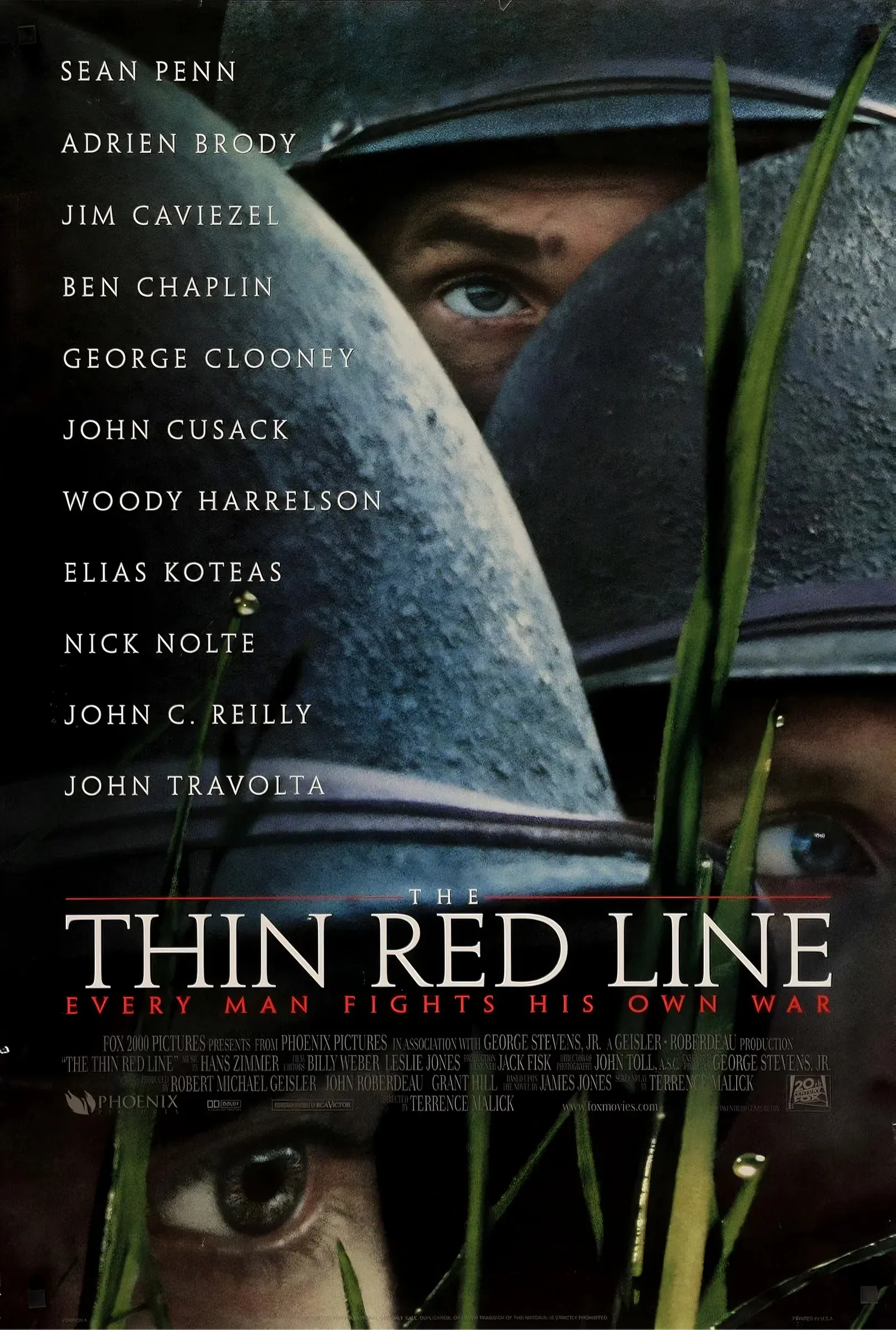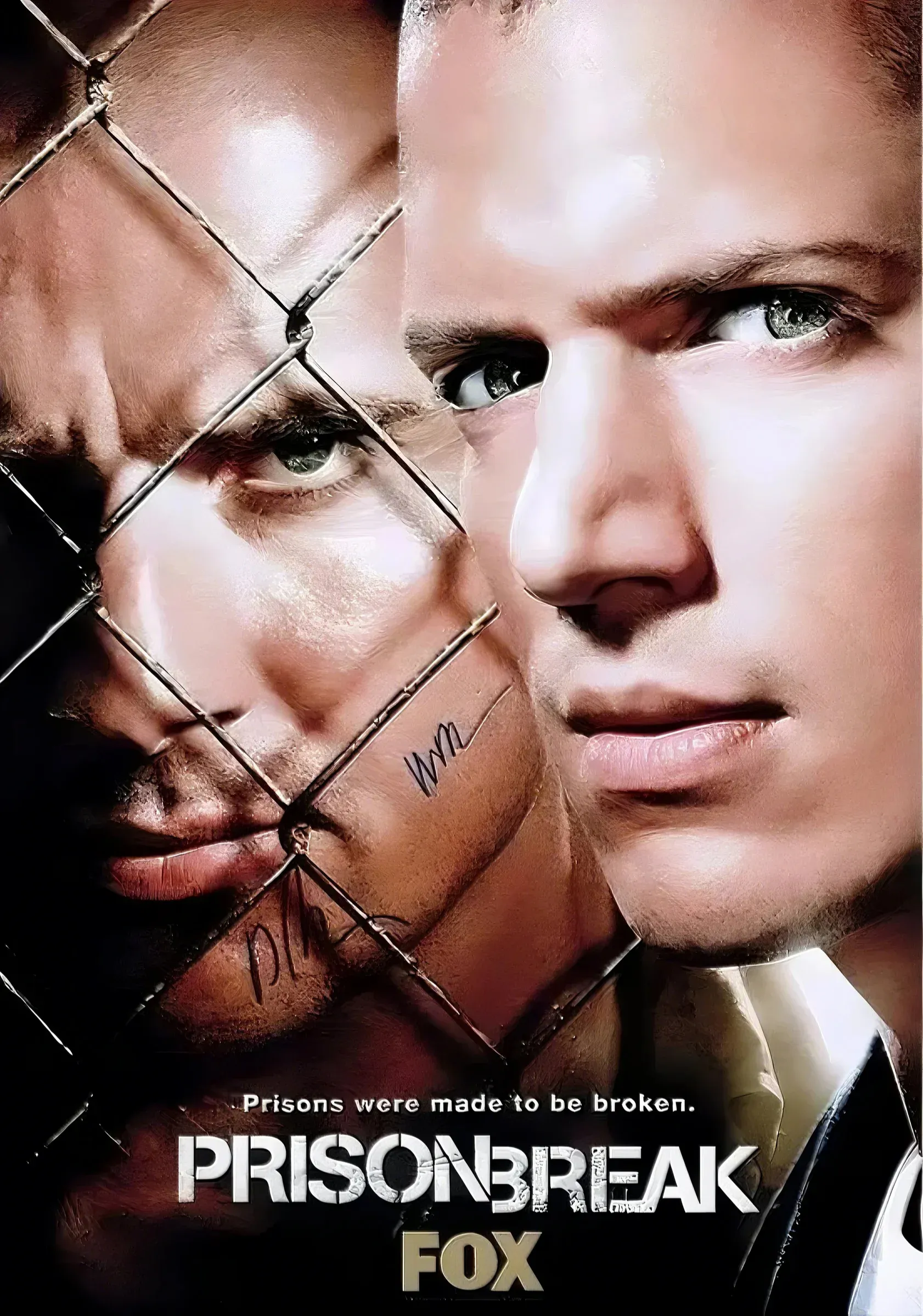Full Movie:
"The Perfect Weapon" (1991) is an action film starring Jeff Speakman and directed by Mark DiSalle. The movie is primarily remembered for its martial arts choreography and the starring role of Jeff Speakman as Jeff Sanders, a man who is a highly skilled martial artist and becomes embroiled in a battle against a criminal organization.
Plot Summary
The film follows Jeff Sanders (Jeff Speakman), a man with a dark past. Trained in a unique martial art called Kempo, Jeff has the skills to defend himself against nearly any threat. However, after his brother is killed by a criminal organization, Jeff tries to live a quiet, peaceful life. He has a new identity and wants to leave his violent past behind.
Unfortunately, Jeff is drawn back into the world of danger when his old mentor is killed, and he is forced to face the criminals who are responsible. As the movie unfolds, Jeff becomes entangled in a web of conspiracy and crime, using his martial arts expertise to seek justice.
The story is relatively straightforward: Jeff seeks to avenge his mentor's death while attempting to take down the criminal syndicate that has been responsible for much of the violence in his life. Along the way, he faces numerous tough adversaries, leading to several tense and action-packed confrontations.
Martial Arts and Action
The film's most notable aspect is the martial arts choreography, with Jeff Speakman showcasing his background in Kempo, a traditional martial art that emphasizes fast, aggressive, and precise strikes. Throughout the movie, Speakman demonstrates his proficiency with blindingly fast kicks, punches, and fluid techniques, with a focus on close-quarter combat. His martial arts skills are a major highlight of the film and were a key selling point in the promotion of the movie.
The fight scenes are well-staged, with the choreography taking center stage. Speakman is able to perform many of his stunts and fight scenes with finesse, and the movie makes use of high-energy sequences that showcase his martial arts talent. The action builds gradually, leading to a climactic confrontation with the film's antagonists.
While the martial arts in "The Perfect Weapon" are impressive, the action sequences may sometimes feel a bit dated, given the evolution of action films and martial arts choreography in later years. However, for fans of 1990s martial arts cinema, the fight scenes will still hold a certain nostalgic appeal.
Characters and Performances
-
Jeff Speakman as Jeff Sanders brings a stoic yet determined presence to the role. His portrayal of a man forced to confront his past, despite his efforts to live a peaceful life, is solid, although his character lacks some depth and emotional development. He is primarily focused on taking down the villains, and his motivations are clear but not overly complex.
-
Mako plays Sensei, Jeff's old mentor, who serves as a guiding figure in the story. Mako brings a sense of wisdom to the film, and his presence adds gravitas to the character, even though he has limited screen time.
-
John Houseman, who appears as the leader of the criminal organization, provides an appropriately menacing figure as the villain. While not the most dynamic antagonist, Houseman is effective in his portrayal of a man who is controlling and calculating.
While the performances are generally serviceable, the film's focus is clearly on the action and martial arts, so the characters don't have the depth or nuance seen in more dramatic films.
Direction and Cinematography
The direction by Mark DiSalle keeps the film moving at a decent pace, though it occasionally struggles with pacing in the middle portions of the film. The movie focuses more on action and less on dialogue, which helps keep the energy up but can sometimes make the story feel shallow. The cinematography is typical of early '90s action films, with plenty of medium and wide shots that allow for full-body fight sequences. The movie doesn't use a lot of dynamic camera work or complex angles, instead relying on clear, straightforward shots to show the fight scenes in their entirety.
Themes
"The Perfect Weapon" primarily deals with themes of revenge, redemption, and justice. Jeff Sanders is forced to confront his past, and his martial arts skills become not just a means of defense, but a tool for seeking justice. The movie touches on the internal conflict of a man trying to escape violence but ultimately being drawn back into it when pushed too far. There is also a bit of a mentor-student dynamic, especially with the relationship between Jeff and Sensei, as Jeff struggles to honor the teachings of his mentor while facing overwhelming odds.
The film's simplicity in terms of plot and character arcs makes it more about action and spectacle than anything else. However, it touches on the idea of a lone warrior fighting for what's right, even when it means risking everything.
Conclusion
"The Perfect Weapon" is a classic example of a 1990s martial arts action movie. While the plot is relatively thin and the characters are not particularly complex, the film excels in its martial arts sequences, particularly with Jeff Speakman’s impressive Kempo-based fighting style. If you're a fan of 90s action films, martial arts movies, or Jeff Speakman’s work, "The Perfect Weapon" is a film that delivers what it promises: fast, intense, and well-choreographed action.
For those looking for a movie that’s more about combat than deep storytelling, "The Perfect Weapon" offers an enjoyable, nostalgic ride filled with memorable fight scenes. While it might not have the same lasting cultural impact as some other martial arts classics, it remains a fun entry in the genre.
